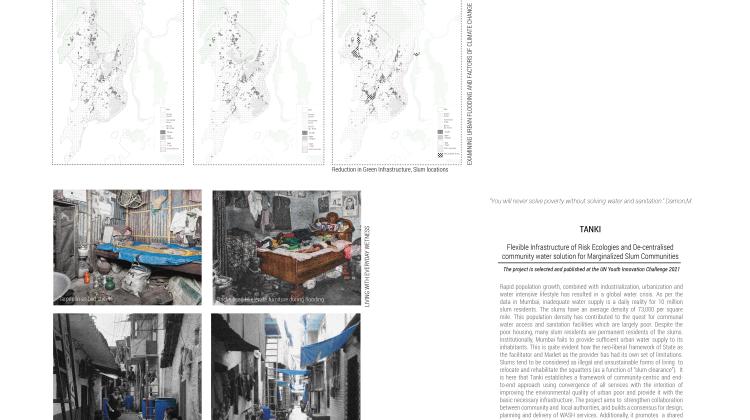Re“casting” climate anthropocene in the context of Modern India

The research conducted as part of the RJRI project focused on mapping caste-based inequalities and socio-spatial segregation patterns in the context of climate-related disasters in India. Through a multi-disciplinary approach combining qualitative and quantitative research, my study uncovered the intricate relationship between social exclusion, untouchability practices, and the impacts of climate change on marginalized communities. Key findings highlighted the involuntary socio-spatial compartmentalization of lower caste populations, driven by historical caste structures continue to marginalize and exclude lower caste communities, particularly during climate-related disasters. For instance- a) clear patterns of spatial segregation were identified, with lower caste communities disproportionately located in high-risk areas prone to climate-related disasters such as floods, cyclones, and droughts b)Lower caste communities often faced inadequate housing conditions, characterized by poor infrastructure, lack of access to safe drinking water and sanitation facilities, and insecure land tenure c) Despite facing significant challenges, local initiatives and community-led responses emerged as critical strategies for building resilience and fostering social cohesion such as local communities often developed their own disaster preparedness plans and early warning systems tailored to their specific needs and vulnerabilities. Concrete policy recommendations include the implementation of more equitable land use and tenure policies, improved access to basic services, and targeted support for marginalized communities in disaster preparedness and response efforts.
Led by: Anushka Shahdadpuri (MCP '24)
Geography: India


